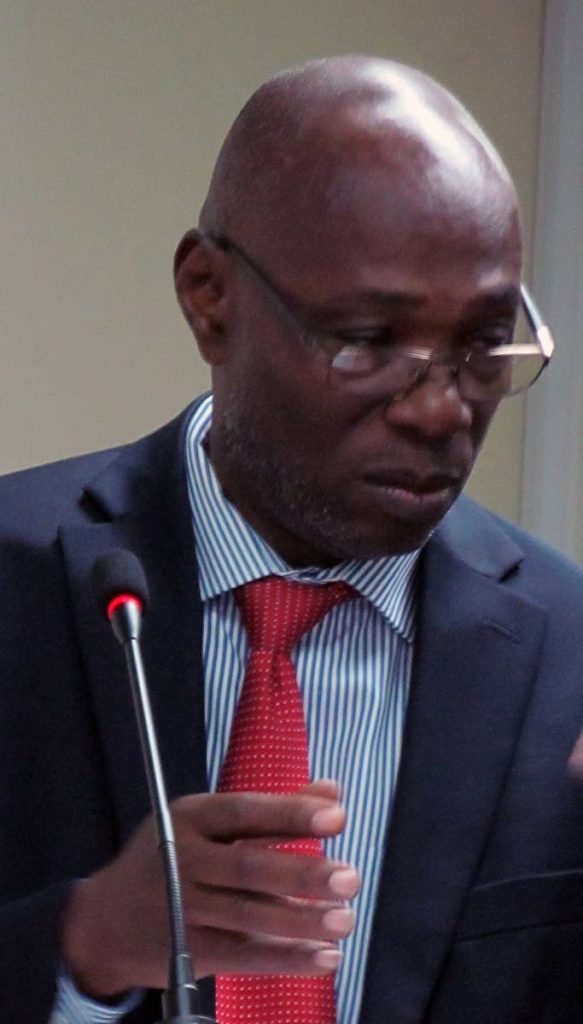ECLAC: Caribbean banks 'uncompetitive'

Banks in the Caribbean are “highly uncompetitive” and lack the incentive to innovate and attract clients.
Dr Dillon Alleyne, deputy director of the UN’s Economic Commission for Latin America and the Caribbean’s (ECLAC) Caribbean headquarters, said the region’s banking sector was controlled by four or five banks with one setting rates and the others following.
“Every year they report vast amounts of profits. There is no incentive along the lines of innovations. These are oligopolies. And that’s the problem. Commercial banks are not the vehicle for development,” he said during the commission’s preliminary overview of the Caribbean’s economy on Wednesday in Port of Spain.
He recounted his experience when he first moved to Trinidad from Jamaica. Even though he went to a Canadian-based bank with branches in Jamaica and the Caribbean, armed with his letters of recommendations from Jamaica, he was turned away and told that those didn’t matter because “they don’t do business with Jamaica even though they have the same parent.
“There’s no incentive to pursue another deposit (because) they are doing well. This is not a problem that turned up yesterday. We attempted to address it in the 1970s and 1980s through the development banks but it’s still a major problem.”
ECLAC’s economic officer Michael Henrickson added the reality is that the banking system in the Caribbean could make huge profits on commercial loans and being banks to governments, through bonds, debts, and other instruments.
“There is no real incentive to go out and do the hard work of going out and lending to an innovative startup and funding based on activity or future receivables and creative forms of collateral.”
After the 2008 financial crisis, he added, there have been stringent prudential regulations that do not lead to any real economic activity.
“In order for your project to be approved you have to meet credit thresholds (that are nearly impossible). Until we change that incentive regime (it will stay the same).”
Alleyne said the trend had led to an increase in unbanked in the region.
“The unbanked has increased because derisking has forced many banks to be stricter in terms of fiduciary requirements and this is a problem that large numbers of people don’t have a relationship with the formal banking system.”
Historically, commercial banks have been central to development but it can no longer be this way. “We have to look towards venture capitalism and other kinds of instruments to developing economies.”
It’s not just the unbanked who suffer from this risk aversion by Caribbean banks.
“There’s what I call the informal sector, which probably has excessive costs and it also is the sector for which standards may be low,” but bringing larger and larger numbers of people into the banking system also means reducing administrative costs in general, Alleyne said.
So, the advantages of bringing women and young people, for example, who are in a sense critical to development, is an important issue and the way to do it more innovation and less stringent regulation but with more monitoring and evaluation of those accounts.


Comments
"ECLAC: Caribbean banks 'uncompetitive'"